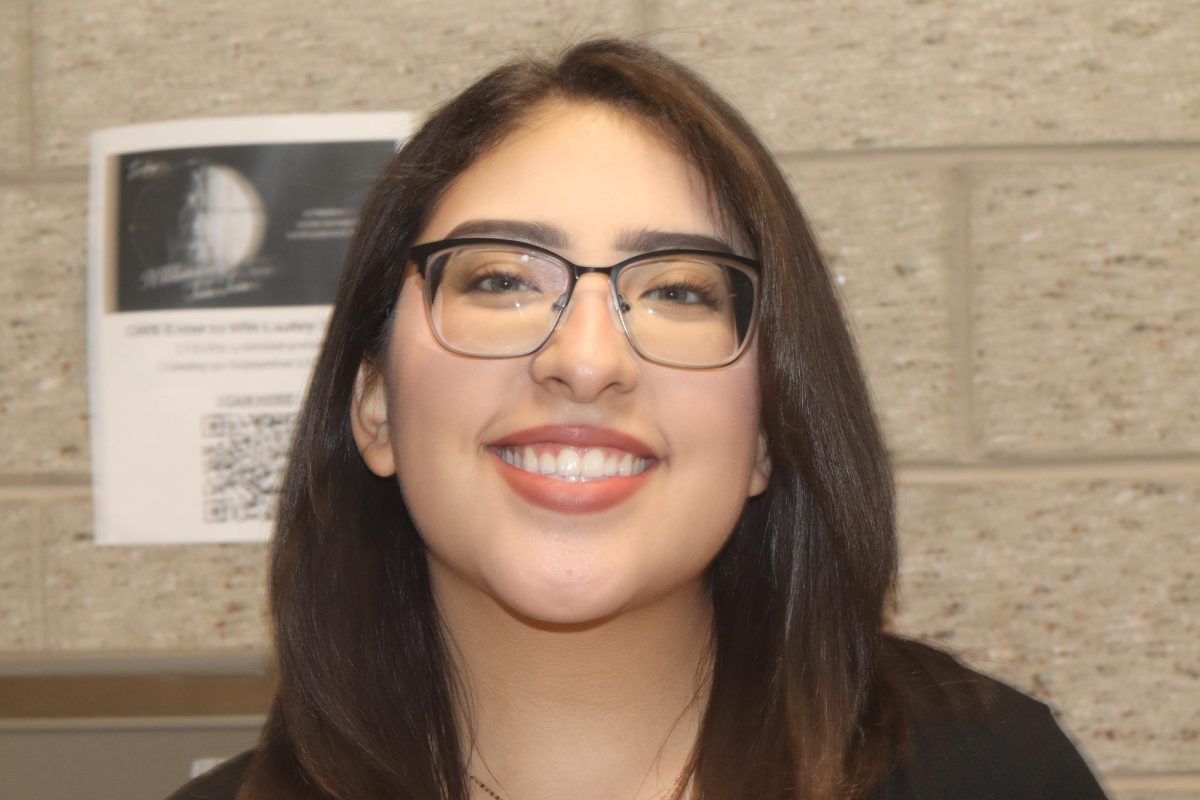POOR MENTAL health is a serious condition that affects many people. One common issue is seasonal depression, which typically begins in the fall and lasts until spring. Research indicates that people aged 15–35 are most affected. Seasonal depression is a type of depression characterized by a recurring seasonal pattern, with symptoms lasting about four to five months each year.
Jaylee Vazquez (11) says she believes seasonal depression is real because she knows people who have experienced it. “I try to help them cope with it a lot better by talking to them about their feelings and taking them out of their ‘dark hole’ or the place where they’re at. Even taking them out somewhere to give them a little space to think about things a lot better definitely helps,” Vazquez said.
Having a friend or trusted adult to talk to can make a big difference. Some people wrongly associate not being OK with weakness, but that’s not true.
Holly Johnson, an attendance administrator at Granger High, shared her personal experience with seasonal depression. “I’ve gone through seasonal depression every year for the past 25 years. I started to overcome it by taking medication, and that’s what has pulled me out of that depression. If it’s really bad, I would definitely recommend talking to a doctor to see if medication is right for them. If not, then just calling in and checking up on them, making sure they’re OK, making sure they have everything they need, or even asking if there’s anything I can do to help them,” Johnson said.
Johnson says small gestures can go a long way. “Even if it’s someone you don’t know and you see that they aren’t doing well, asking them if they are OK goes a long way,” she added.
Some people hesitate to share their struggles because they don’t want to burden their family or friends, but it’s important to give yourself space to breathe and talk to a trusted adult. This allows a safe outlet for stress, anger, or sadness.
There are resources available to help, including the SafeUT app. Mikaila Montejano (11) says she doesn’t experience seasonal depression but acknowledges that others do. “I know people who say they’re going through it, but what I do is basically hang out with them and ask them how they are doing. I make them tell their parents, so they have someone who checks on them at home,” Montejano said.
Acknowledging the need for help makes a difference and lets others know how they can assist. Improving mental health starts with being open about feelings and seeking support. No one is ever truly alone. There are many ways to seek help and improve mental health. Remember, it’s OK not to be OK.







